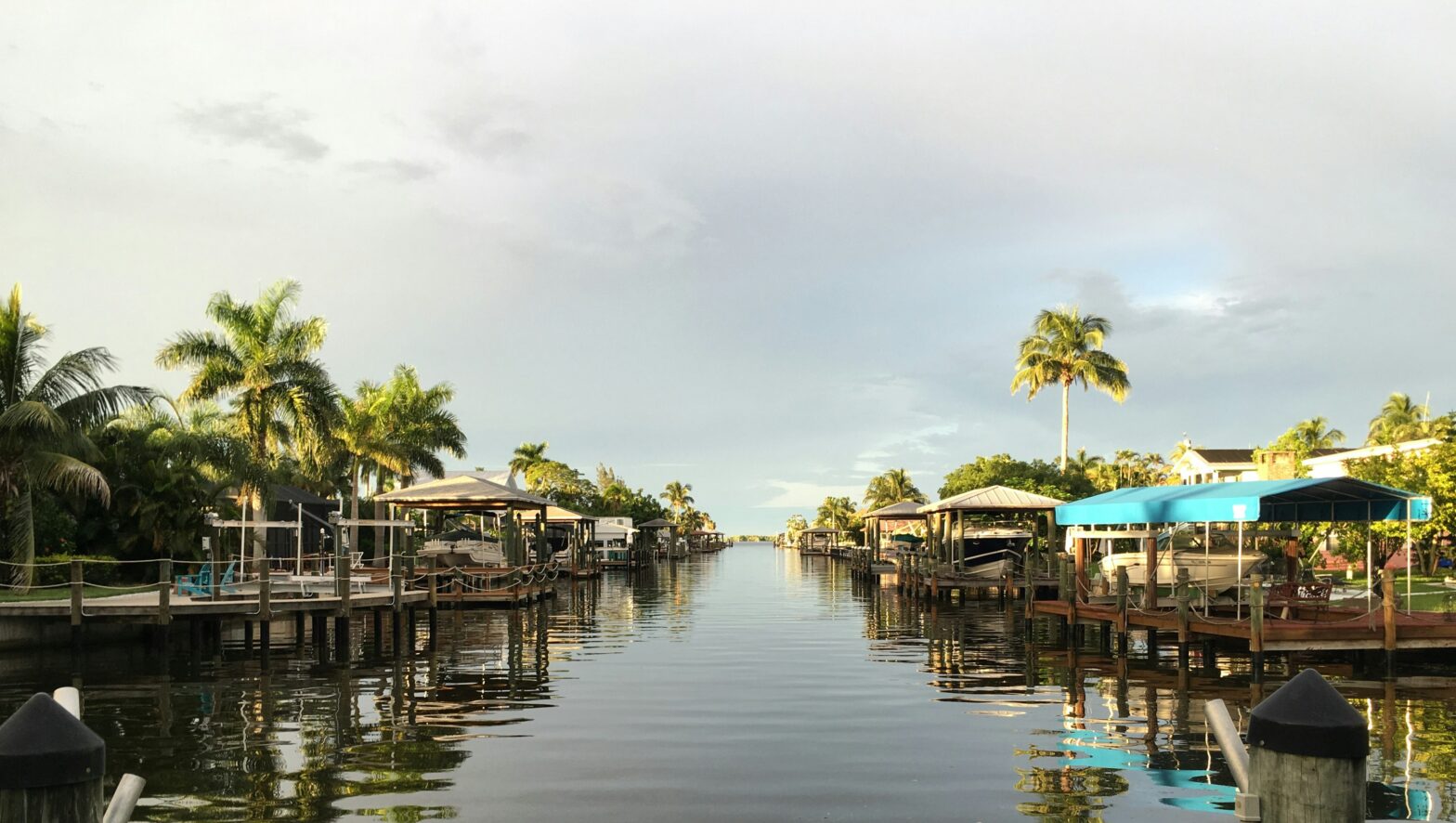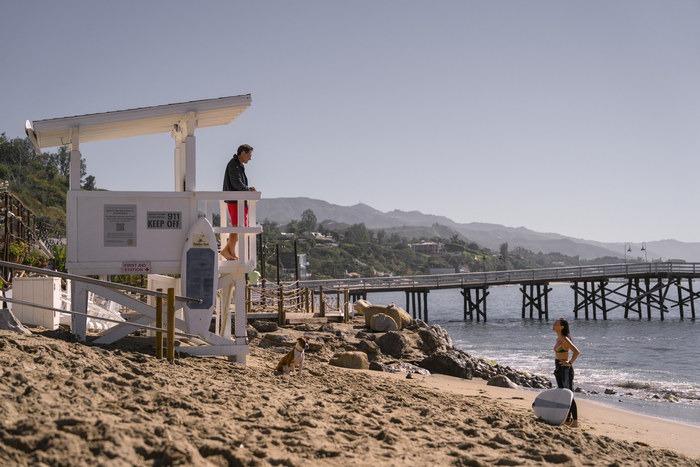Costa Rica has become one of the top destinations in the world. Its beautiful landscapes, warm climate, and very locals draw in tourists from all around the world. However, the recent sexual assaults of two female European tourists has the country’s officials facing some backlash.
The backlash was fueled by the promotion of a document called a Guide to Good Practices for Tourism on social media. According to women rights groups, the guide— which suggested how women should dress and behave to prevent violence against them— allegedly blames victims while also justifying sexual violence in the country.
“Try to dress in a similar style to the local to avoid attracting attention,” the guide read as reported by The Limited Times, and “be careful with the messages that a very friendly or trusting attitude can generate”.
After much controversy, officials removed the guide from all social media platforms, apologizing for distributing the document and promised to improve preventive measures, train security forces and implement protocols for victims in this country.
The sexual assaults occurred in the last two weeks. The first case happened in Puerto Viejo, in Limón, two weeks ago. The second sexual assault, which happened in Playa Negra (also in Límon), was reported last Saturday by the National Institute for Women (Inamu), the Costa Rican Institute of Tourism (ICT) and the Ministry of Security Playa Negra.
“We strongly repudiate and condemn the unfortunate act of sexual violence that occurred against a tourist in Limón. For a woman who has been a victim of rape, narrating the event will always be a very difficult situation, which is why, from now on, in conjunction with other entities, we are guaranteeing the accompaniment to the victim, who was treated at a health center and received the medications indicated by the protocols in these cases,” stated Inamu.
Costa Rica officials are still looking for suspects in both cases. The Minister of Public Security Michael Soto will visit Límon next week to meet with local authorities and evaluate the actions being implemented in the region.
Costa Rica’s government has also promised to reinforce surveillance and improve prevention and care protocols for victims.





